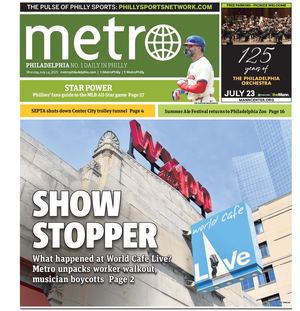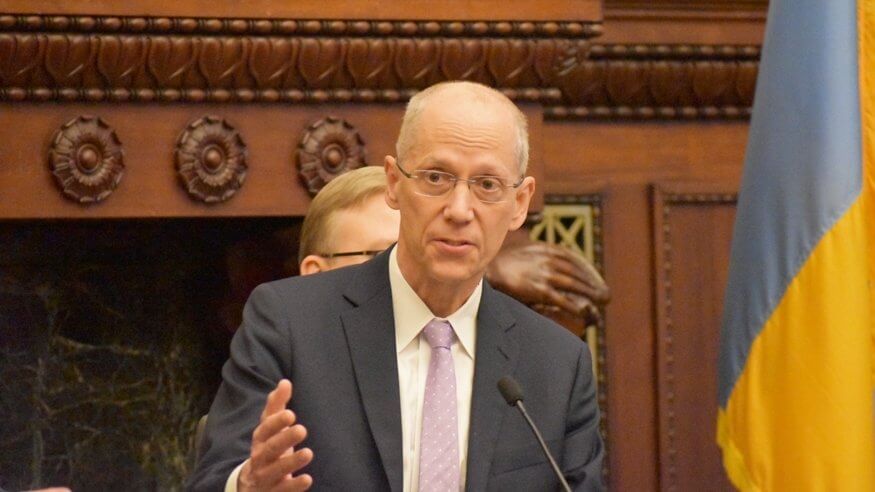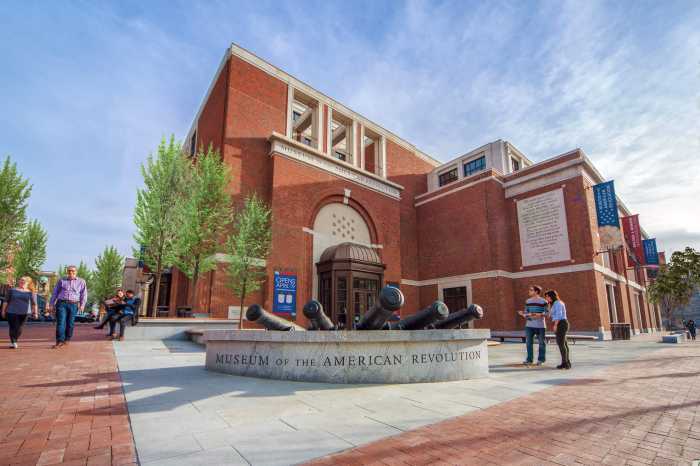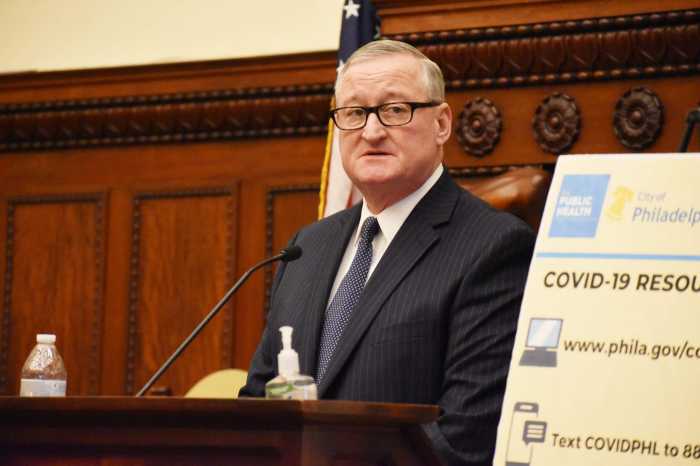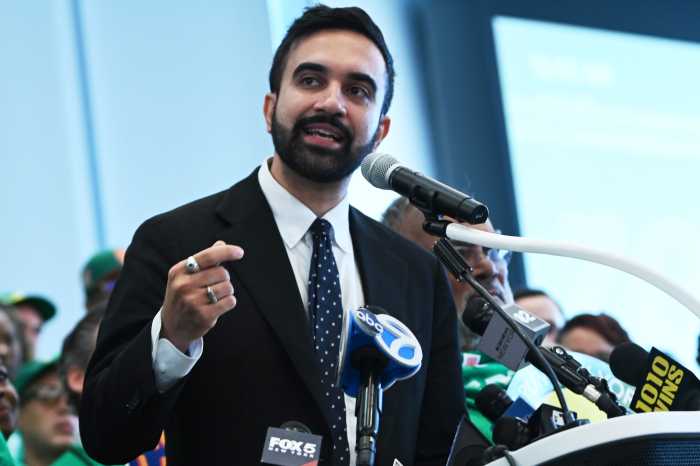Philadelphia health officials are beginning to work on forming an extensive system of contact tracing as the number of coronavirus cases in the city continues to decline.
Contact tracing involves interviewing people who test positive for the virus to find out who they have been interacting with recently. Tracers reach out to those contacts and tell them to quarantine.
It’s a method that interrupts the spread of the virus, and experts say it’s key to controlling an outbreak and reopening parts of the economy.
City Health Commissioner Thomas Farley said Wednesday that officials are establishing protocols, setting up software, hiring people and partnering with other organizations to facilitate expanded contact tracing.
“All of (those) are systems we’re putting in place now,” he said. “They’re not in place now, but we’re putting them in place now.”
The effort is to suppress the virus, not eliminate it, Farley said. Only a vaccine will chase away COVID-19, he said, but he believes the city can reduce cases enough to where most activities can be restarted.
Farley said the health department’s goal is to be able to conduct full contact tracing when there’s 50 new cases a day or less, but the plan is to begin implementing it before then.
“We’re trying to put in place a large system so that, as the number of case counts come down, we can do all of them,” he said.
Fifty cases is also the target Philadelphia needs to hit to begin reopening under Gov. Tom Wolf’s plan, officials have said.
At the beginning of the epidemic, the health department was tracing each case but had to stop once infections ballooned. Farley’s department is still helping to deploy contact tracing in congregate settings, such as jails, homeless shelters and nursing homes.
Farley said he’s not sure how many people the city will hire as contact tracers. It will depend on funding, as well as volunteer levels, he said.
“It’s not so much a technical job as it is an important job that requires interpersonal skills,” he added, describing the role.
City leaders reported 242 new COVID-19 cases Wednesday and 78 additional fatalities, bringing Philadelphia’s death toll to just under 1,000.
It’s the highest number of deaths reported in a single day. However, Farley attributed the spike to reclassification of the city’s data. Most of the new deaths occurred between April 21 and May 7.
“Much of this appears to be people who were reported to us as positive before, and, later, we found out that they died,” Farley said.
A total of 1,421 people are hospitalized with the virus in southeastern Pennsylvania, including 741 in Philadelphia. Cases in area hospitals have decreased for eight straight days and have generally been on a decline since admissions peaked in mid-April, Farley said.
In other COVID-19-related news, the School District of Philadelphia and the Uplift Center for Grieving Children recently partnered to launch a hotline for students who are suffering from loneliness, stress, anger and other mental issues during the pandemic.
Dubbed the Philly HopeLine, the service is staffed by Uplift counselors and is manned Mondays through Fridays from noon to 9 p.m. and weekends from noon to 4 p.m. Callers can also leave a message or receive an emergency number after hours.
The hotline is open for district students, families and caregivers. Call 1-833-745-4673.
